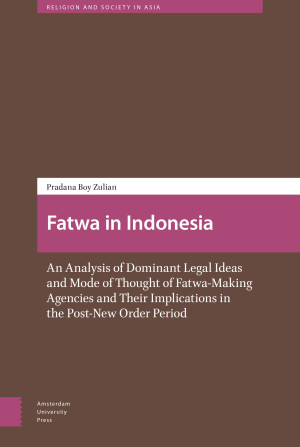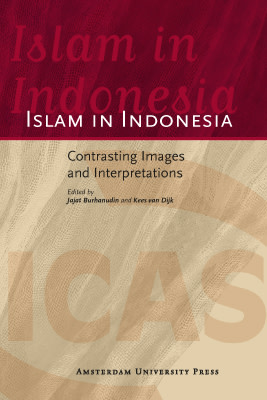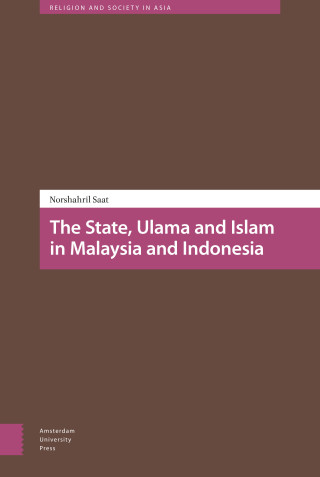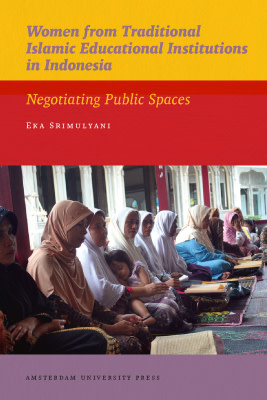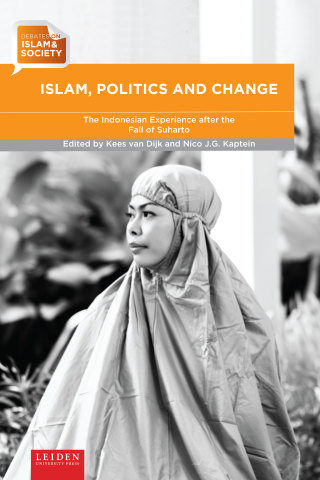Pradana Pradana Boy ZTF
Pradana Boy ZTF is a lecturer in Islamic Law, University of Muhammadiyah Malang, Indonesia. Trained as an Islamic legal scholar at Faculty of Islamic Studies, University of Muhammadiyah Malang. His master in contemporary Islamic thought and movements is obtained from Australian National University (2007). Ph.D in Islamic legal thought is completed at National University of Singapore (2015).

